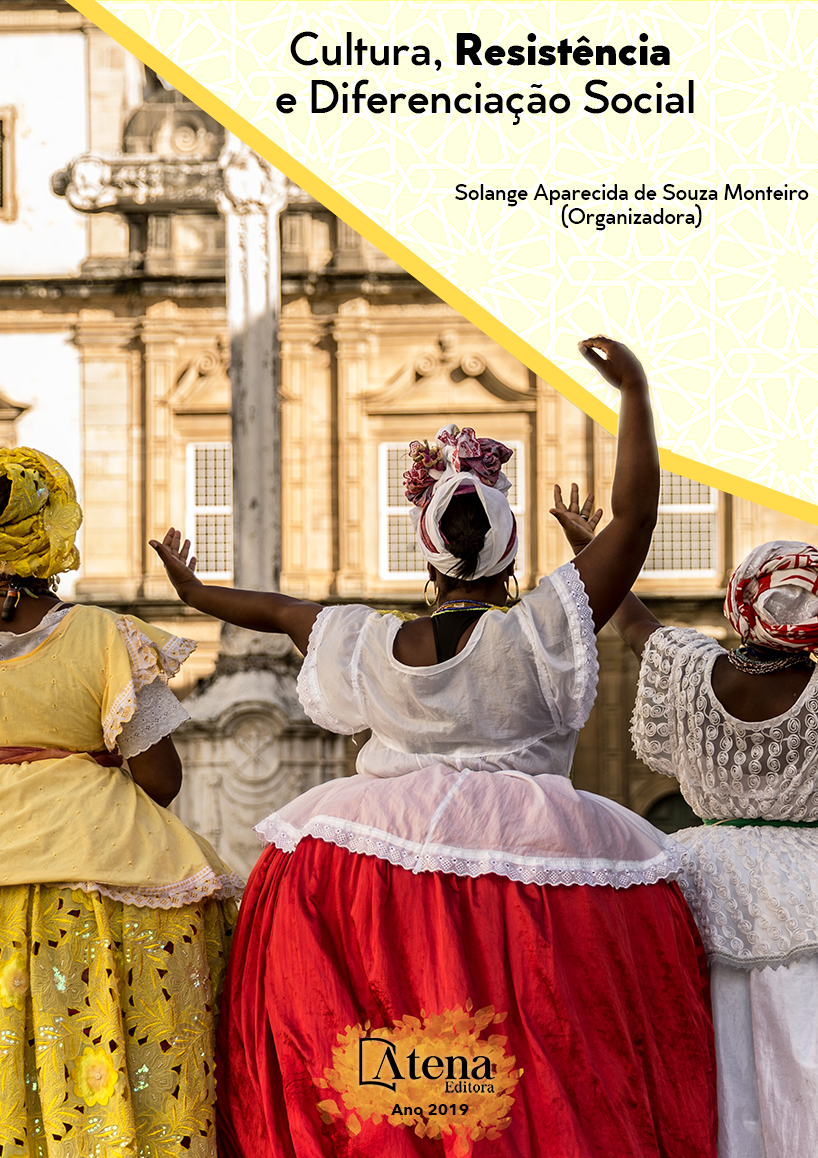
ÉTICA DO ENCONTRO A PARTIR DA PESQUISA AUDIOVISUAL: REFLEXÕES SOBRE O CURTA “FILOSOFIAS DO CORPO NO CARIRI”
O presente trabalho visa discutir
e teorizar aspectos éticos da investigação
audiovisual na fronteira entre o filme documentário
e o denominado “ensaio fílmico” tomando como
objeto de reflexão o processo de pesquisa
empírica, registro imagético, edição e exibição
do curta-metragem Filosofias do corpo no Cariri
cearense (2018). Partindo de uma experiência
filosófica de entrada em campo para a pesquisa
audiovisual retomaremos os questionamentos
éticos tradicionalmente associados ao
discurso documentário, à etnografia fílmica e
às provocações filosófico-críticas do “ensaio
fílmico”, cujas metodologias têm colocado em
xeque as formas de subjetivação associadas à
pesquisa empírica tradicional. Sendo o cinema
um dispositivo de subjetivação que permite
mostrar e sinalizar ao outro como eu o vejo
(ROUCH, 1998; FREIRE, 2007), isso não
exime o pesquisador de confrontar múltiplas
aporias, entre “ver” e “poder” (COMOLLI, 2004)
produtos de sua própria inserção em campo
(FRANCE: 2008; GUBER, 2005). Ainda em sua
primeira fase, esta investigação audiovisual
das manifestações do corpo na cultura popular
caririense, ao assumir a dança como parte
da herança cultural do povo (ZEMP, 2013)
propõe uma indagação através da reflexão
filosófica em redor do registro fílmico das
performances e oralidades que possa orientar
novas políticas na preservação e transmissão,
tanto das células coreográficas e rítmicas,
quanto de aspectos simbólicos vinculados ao
corpo e suas gestualidades. A investigação
sinaliza processos de esquecimento sugeridos
pelos artistas dos grupos de base que estão
se mobilizando para minimizar o apagamento
das memórias das artes populares no Cariri.
ÉTICA DO ENCONTRO A PARTIR DA PESQUISA AUDIOVISUAL: REFLEXÕES SOBRE O CURTA “FILOSOFIAS DO CORPO NO CARIRI”
-
DOI: 10.22533/at.ed.03619280315
-
Palavras-chave: pesquisa audiovisual; ética; filosofias do corpo; esquecimento; identidade.
-
Keywords: audiovisual research; ethic; philosophies of the body; forgetfulness; identity.
-
Abstract:
This work aims at discussing and
theorizing the ethical aspects of audiovisual
research within the boundaries between the
documentary film and the so-called “film essay”,
taking as object of reflection the empirical
research process, image registration, editing
and exhibition of the short film Philosophies
body in cearenses Cariri (2018). Starting from
a philosophical experience of entering the
field for audiovisual research, we will return to
the ethical questions traditionally associated
with documentary discourse, film ethnography
and philosophical-critical provocations of the
“film essay”, whose methodologies have put in question the forms of subjectivation
associated with traditional empirical research. As the cinema is a subjectivation
device that allows to show and signal the Other as I see it (ROUCH, 1998; FREIRE,
2007), this does not exempt the researcher from confronting multiple aporias,
between “seeing” and “power” (COMOLLI, 2004) products of their own insertion in
the field (FRANCE: 2008; GUBER, 2005). Still in the first phase, this audiovisual
study of the body manifestations in the popular culture of Cariri, assuming dance as
part of the cultural heritage of the people (ZEMP, 2013) proposes an inquiry through
the philosophical reflection around the film record of the performances and oralities
which can guide new policies in the preservation and transmission of choreographic
and rhythmic cells as well as symbolic aspects related to the body and its gestures.
The research signals processes of forgetting suggested by the grassroots artists
who are mobilizing to minimize the erasure of popular arts memories in Cariri.
-
Número de páginas: 15
- Natacha Muriel Lopez Gallucci


